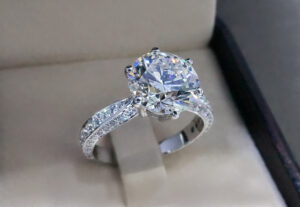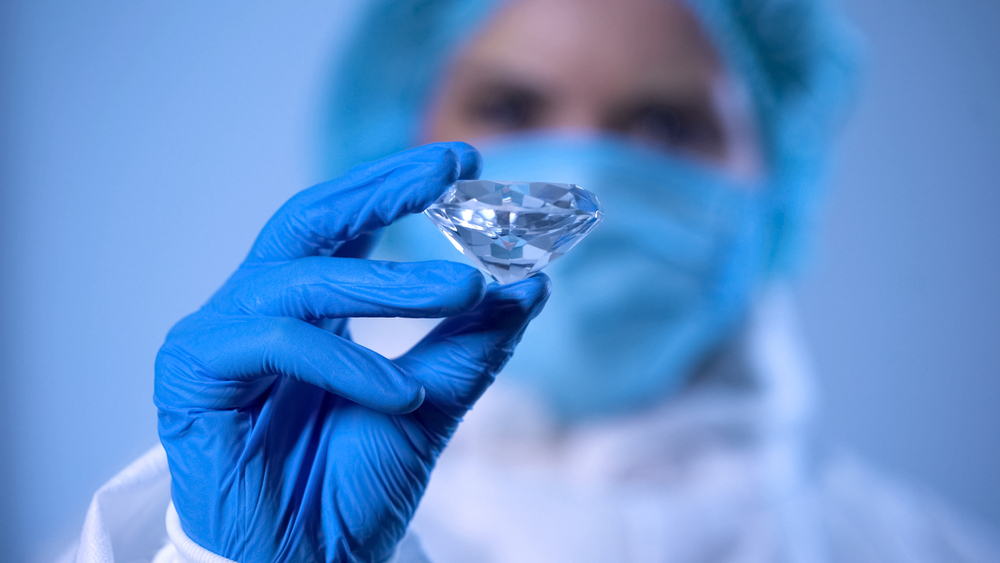
Whether you buy natural or lab grown diamonds, it is important to ask for grading certificates. A diamond certificate involves the specific grades given for each quality attribute of a diamond including color, cut, and clarity. Additionally, this certificate will also contain some other significant information regarding a diamond including its carat weight, whether it is natural or lab-grown, etc. All these factors are significant to calculate the value of diamonds.
You can see diamond certificates for natural diamonds from different labs including the GIA, AGS, IGI, and more. However, are lab grown diamonds certified? Just like natural diamonds, lab-grown diamonds are also certified. You should review the grading report of lab-grown diamonds before getting them.
Expert gemologists scrutinize and analyze the diamonds with tools like a microscope or loupe. They will measure different quality parameters like the color, cut, and clarity and will give a grade for each of them. These grades can help to find out the value of diamonds and their price.
Who Grades Lab-Grown Diamonds?
There are different gemological labs across the world that grade diamonds. But IGI certification is the commonly found option when it comes to lab-grown diamonds. Other labs like the GIA and AGS also grade lab-created diamonds, however, synthetic diamonds with certificates from these labs are rare today.
Lab-created diamonds with certificates from the IGI are commonly found nowadays. Even though the GIA has recently started fully grading man-made diamonds, those are difficult to find.
IGI certification is considered the best option for lab-grown diamonds, as it gives specific grades for elements like clarity and color. This makes it easy to calculate the cost of a diamond.
Lab-Grown Diamond Certification: What To Watch For?

When getting diamond rings made of lab-grown diamonds, you have to make sure that they come with grading reports from reputable gemological labs.
The grading report should have a detailed analysis of a diamond so that it will be easy for sellers and buyers to find out its value and price. Diamond grading can be subjective and it can vary based on the lab that analyzes the diamond. For example, a diamond can be given the color grade G by one lab and H by another lab. But this is perfectly normal as long as the grades are consistent.
When getting diamonds, you can compare different stones with the same IGI certificate to find out the more appealing option for you. Even if the grades are the same, there can be significant differences in the appearance of certain diamonds. So comparing different diamonds can help to find out a stone you like the best.
